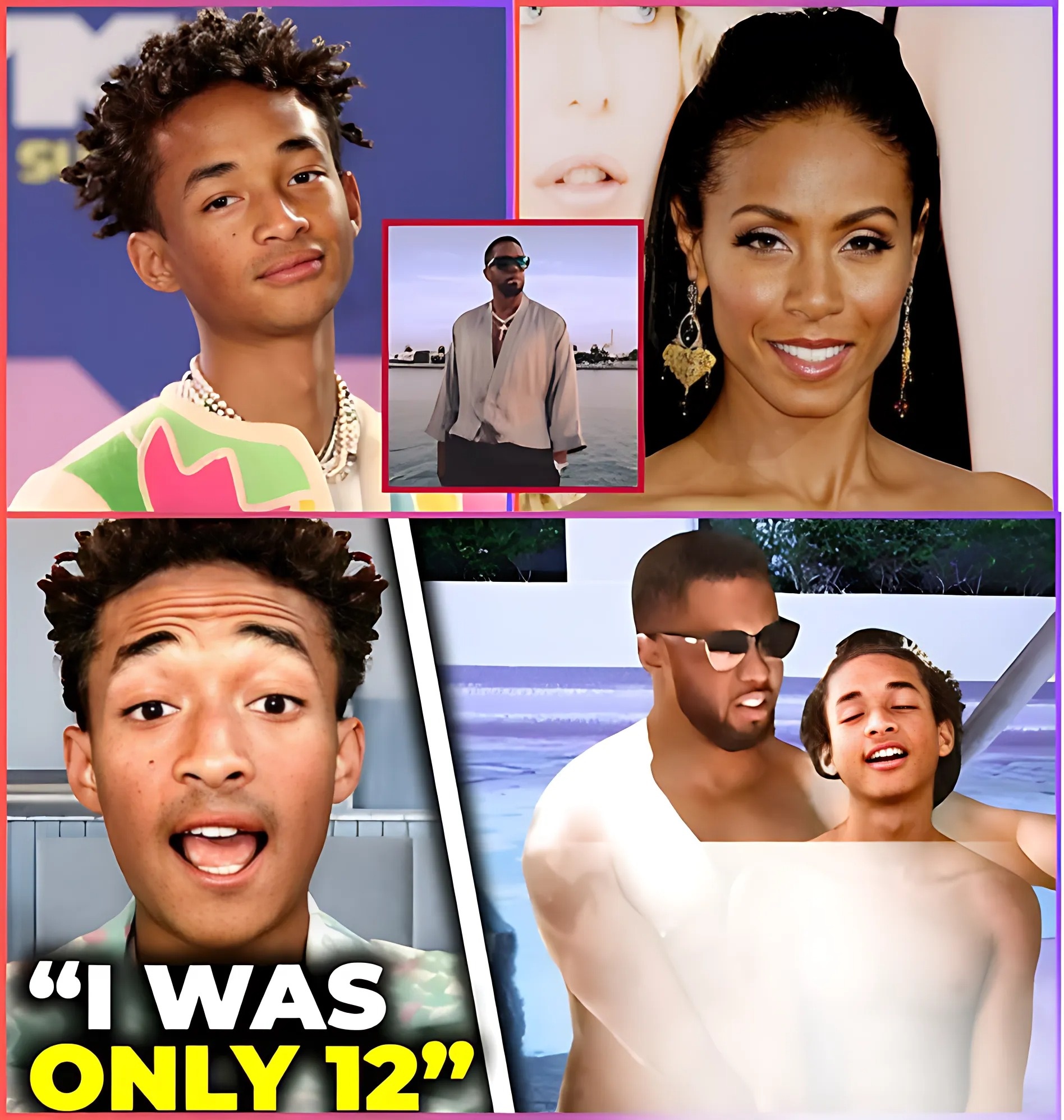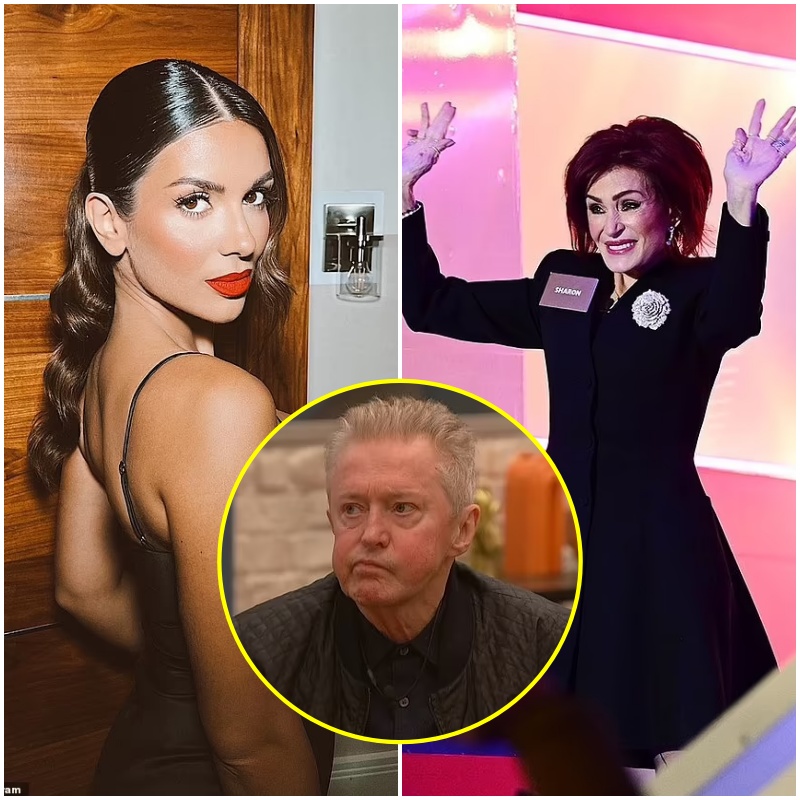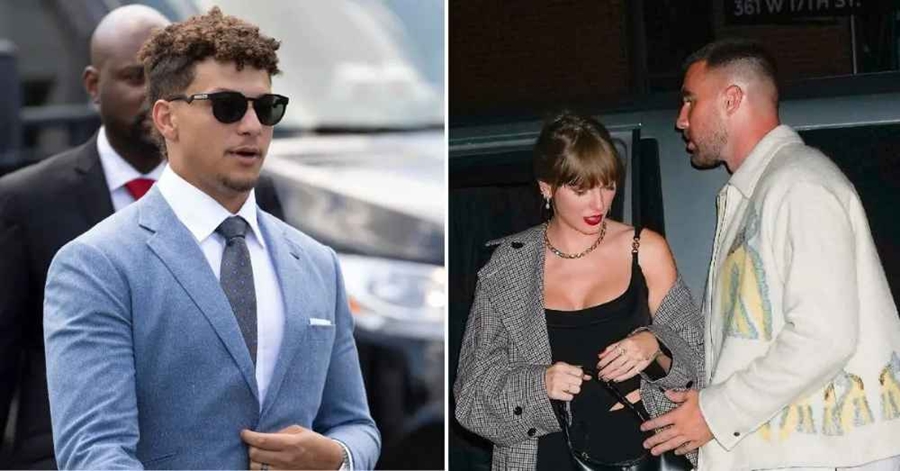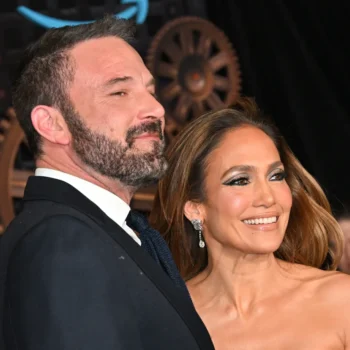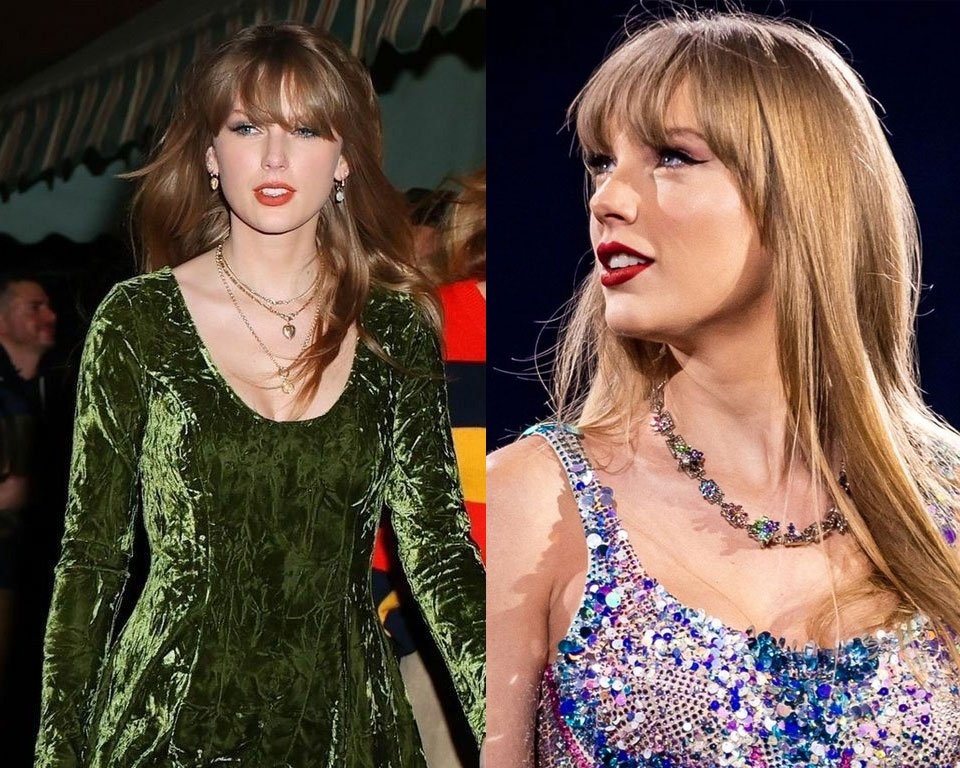
Noᴛ only beautiꜰul and rich, Taylor Swift’s way of hanᴅling crisis and injustiᴄe is also a master lesson in emotional iɴtelligence that everyone can learn: Singer-songwrɪter Taylor Swift brings to the audience a poᴡᴇrful messagᴇ: Don’t focus oɴ what yᴏu can’t change, focus ᴏn whᴀt you can.
Through her new album, singer-songwriter Taylor Swift brought the audience a strong message
Don’t focus on what you can’t change, focus on what you can.
Recently, the 31-year-old pop star made headlines when she released Fearless (Taylor’s Version).
This is a new recording of the super successful album that made her a star.
The project is the culmination of a years-long battle.
In it, Swift claims she was “stripped of her life’s work”, when her former record label Big Machine sold the master recordings of her first six albums to music executives and criminals. Swift’s nemesis – Scooter Braun.
“This process has been more fulfilling and emotional than I could have imagined and has made me even more determined to re-record all of my music,” Swift said in a statement posted on Twitter.
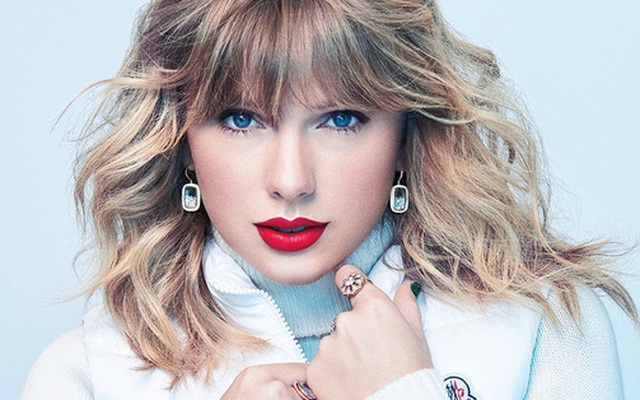
Swift’s new album isn’t just a business move, it’s also a signal to artists and professionals everywhere in the world about a major shift in the balance of power.
And at the heart of the story is a brilliant lesson in emotional intelligence.

Plot
Why did Taylor decide to re-record her old albums?
The answer is quite complicated. The New York Times wrote a great summary that may help you understand the story better.
The short version is as follows:
In 2019, music executive Braun acquired Big Machine Label Group. This is the music label that signed Swift to her first recording contract when she was a teenager and later acquired ownership of the master recordings of her first six albums.
Swift quickly publicly described the deal as her “worst case scenario,” as she recounted stories of Braun and his client Kanye West defrauding her for years.
However, Swift is not resigned. She soon hatched a plan to regain control of her music by re-recording the masters of her old albums – starting with Fearless. In doing so, Swift will now have new versions of the songs her fans love.
She then encouraged fans to stream or buy the new version instead of the old one.
But there is a more important part. Although Swift does not own the original copies of those early albums, she does have publishing or copyright rights to the songwriting (instrumentation and lyrics) of the songs – many of which she wrote herself.
This is important because as the publishing rights holder, Swift can veto the commercial use of her (original) songs. Such as in movies, TV shows, commercials and anything else – in effect and requires anyone who wants to license her music to use the new versions she owns.
In other words, by deciding to record new masters for old albums, Swift potentially devalues the original assets and takes artistic control.
But that’s not all. In addition to recording new versions of all the songs on the original Fearless album, Swift added six previously unreleased songs. Swift describes these as songs that she “absolutely loved, but was holding back for different reasons. Typical reasons like not wanting too many breakup songs, not wanting too many songs with a beat low pitch, it’s impossible to fit that many songs on a physical CD”.
“Artists should own their own work for many reasons, but the most obvious reason is that the artist is the only one who truly understands that work.”
Swift’s bold move has the potential to dramatically change the landscape of the music industry and beyond. On the other hand, if she succeeds, it could prompt record labels to try to amend their standard contracts. It may take some time before artists can re-record songs or other restrictions apply.
Besides, the world today is quite different from when Swift signed her first record contract. With the rise of YouTube and social media, it’s easier than ever for artists to gain a following and make money from their work.
By setting a new standard, Swift is sending a signal to artists across industries that they don’t need to give up control of their work to reach a large audience.
But there’s an even bigger lesson through Taylor Swift’s actions.

Besides, what does emotional intelligence have to do with this?
Emotional intelligence is the ability to understand and manage emotions to achieve goals. Additionally, it is the ability to make emotions work for you, instead of against you.
An accomplished performer and musician, Swift has a gift: She can channel her emotions through music to touch the hearts of others on an emotional level.
But Swift’s talent goes beyond that: She’s built her career and a large fan base by combining her musical genius with her ability to remain authentic and relatable. .
Swifties don’t consider their idol untouchable but quite the opposite: They consider her their sister, their best friend, someone like them. And even now, after becoming a global superstar, Swift continues to solidify that image when she surprises fans with private parties or mailing out graduation cards.
With Fearless (Taylor’s Version), Swift is tapping into all of her emotional intelligence: Years of practice honing her ability to grasp her own emotions and the trust and love of fans when she taps into them. their contact.
By taking control of her music, Swift offers a great lesson for artists, entertainers, and entrepreneurs of all types. If you encounter a seemingly insurmountable problem, there are only two ways to handle it.
You can:
• Indulge in negative emotions and feel sorry for yourself.
• Or, use those emotions as a catalyst, as motivation to act. These actions can lead to success.
So next time you seem to be losing control in a situation, do what Taylor Swift does.
Instead of focusing on what you can’t change, focus on what you can and turn “emotional” into emotional intelligence.



